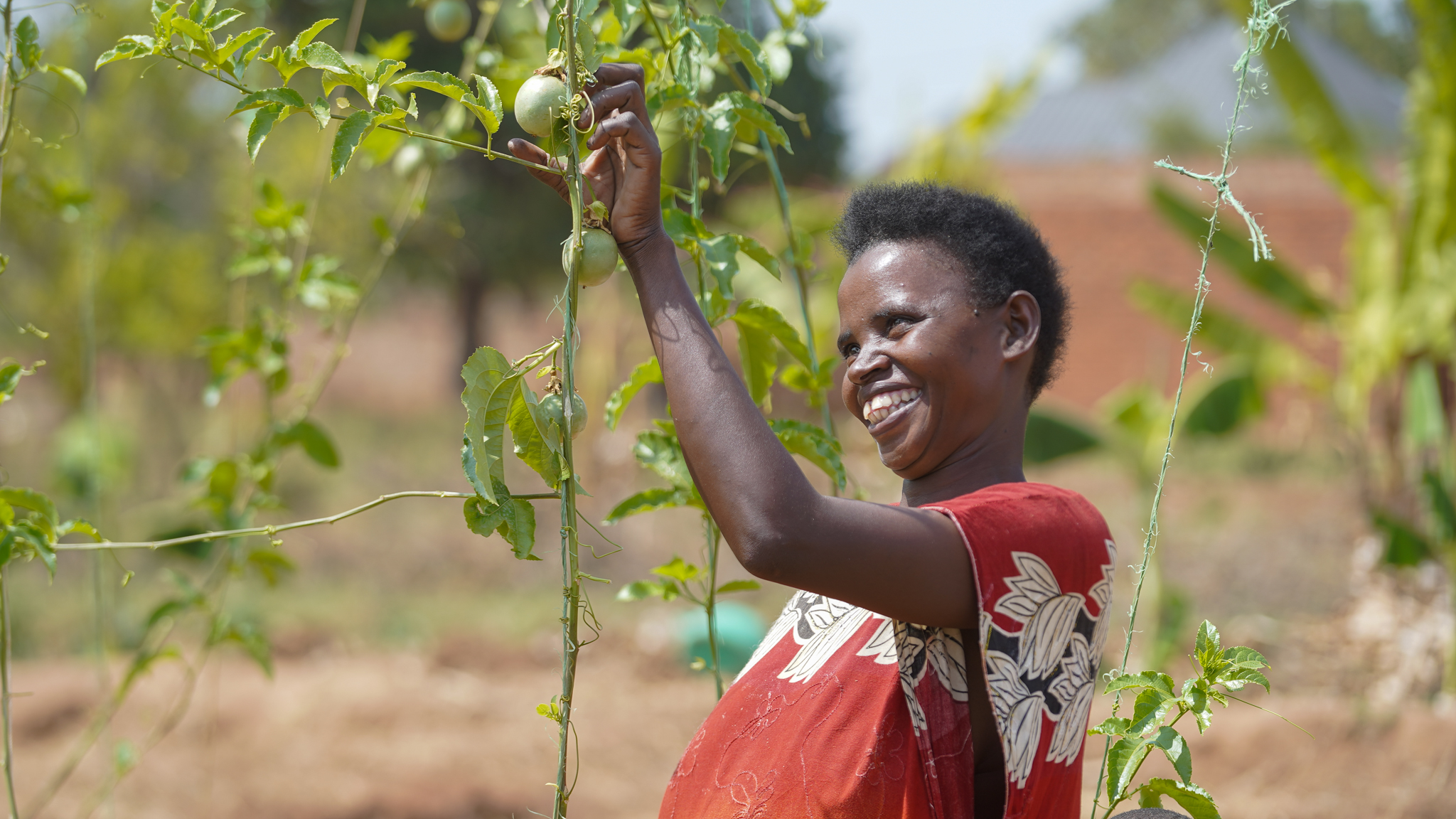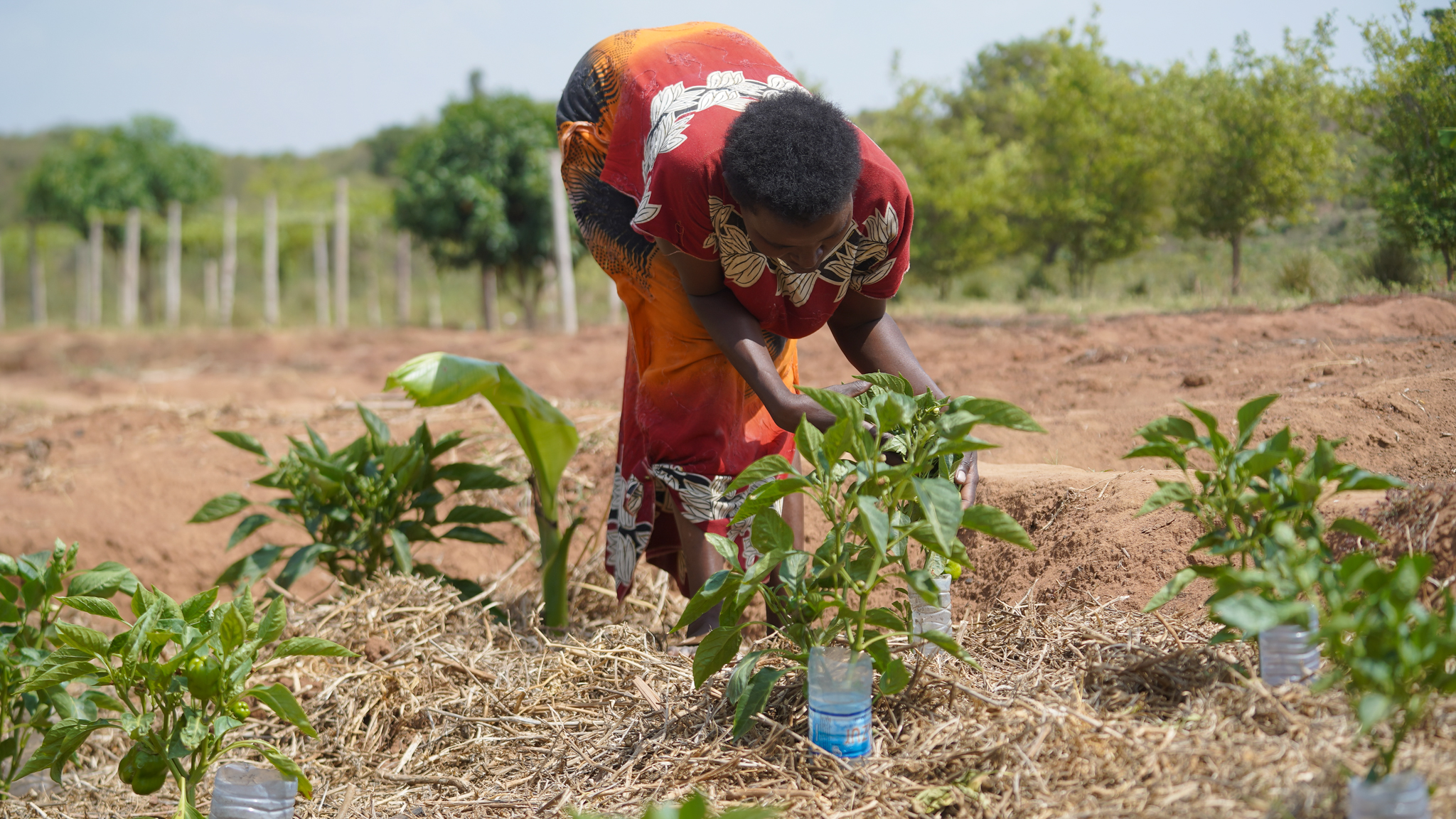Climate-Smart Methods For a Food Secure Future

A typical day for Teopista, a farmer from the Kaliro district in eastern Uganda, involves waking up early and tending to her garden and farmland. Vegetables and fruits from the garden provide food for her family, which includes her husband and 12 children. For her vegetable garden, a major issue was sourcing water. “Water is costly here. You queue to get water for household use and irrigation separately. Which would mean spending the whole day just fetching water”, said Teopista.
Much like Teopista, last-mile communities in Sub-Saharan Africa are increasingly being battered by the effects of climate change. Irregular rainfall and frequent droughts have affected agriculture yields. For communities heavily dependent on rain-fed farming as their source of livelihood and sustenance, disrupted climate patterns mean food insecurity, hunger, and poverty. And this drastic change has been happening at an alarming rate. Teopista has witnessed firsthand the dramatic change in her surrounding. “A few years ago, you couldn’t see a house from a mile away without being blocked by trees. Now it is as clear as a desert”, Teopista said. “It used to rain sufficiently before, but now it barely does.”
In 2022, Raising The Village partnered with Teopista’s village Wamusuta to address ultra-poverty in last-mile communities and build agricultural resilience to the effects of climate change. As a result, Teopista and other community members received improved vegetables, fruit, beans, maize, groundnut and other seeds. Additionally, they participated in training sessions on modern farming practices and learned climate-resilient techniques that helped reduce the use of water and synthetic fertilizers. Teopista changed the way she irrigated her garden. She collected small, used plastic bottles filled with water and placed them neck first into the soil next to the plants. Known as bottle irrigation, this method drastically reduces water usage by preventing rapid percolation and evaporation.

With the new farming methods, combined with improved seeds that germinate quickly and are drought-resistant, Teopista soon saw her yield improving not only for her garden but for her farm too. “From our harvests now, I can feed my family and pay for my children’s school fees,” she beams. She also planted trees around her home and encouraged her community members to do the same. With Raising The Village’s support, her community also constructed closed water wells to reduce travel and time spent fetching water.
With her family’s food security ensured and her farm generating good yield, she plans to grow more passion fruit in her garden and cash in on its increased market value. “We plan to expand our passion and onion garden and construct our own water source for better irrigation,” she says. With her skill and knowledge of mitigating the effects of irregular weather patterns, she feels confident about translating her plans into reality.
Be part of our journey. Support last-mile communities by supporting Raising The Village.
Let’s Stay Connected


